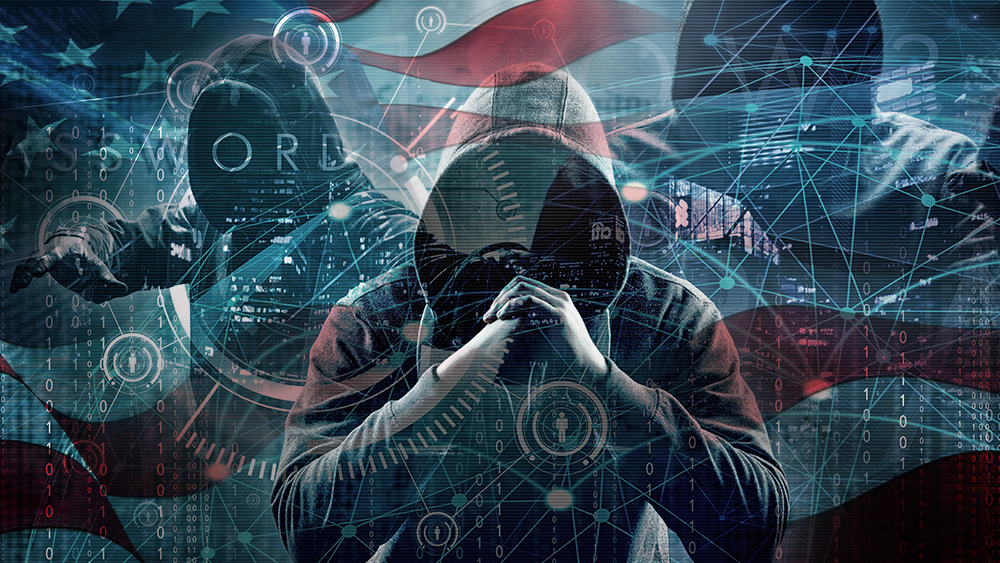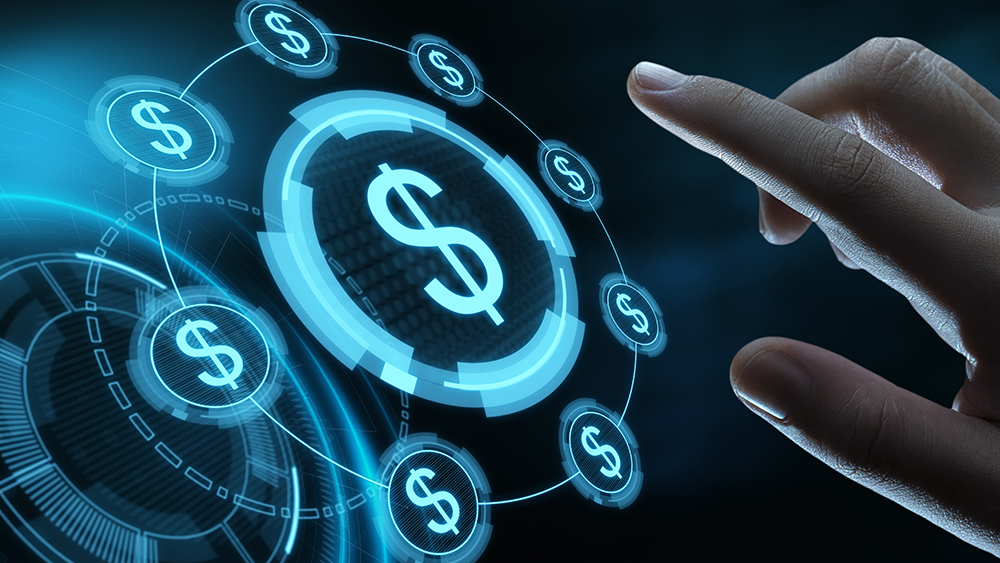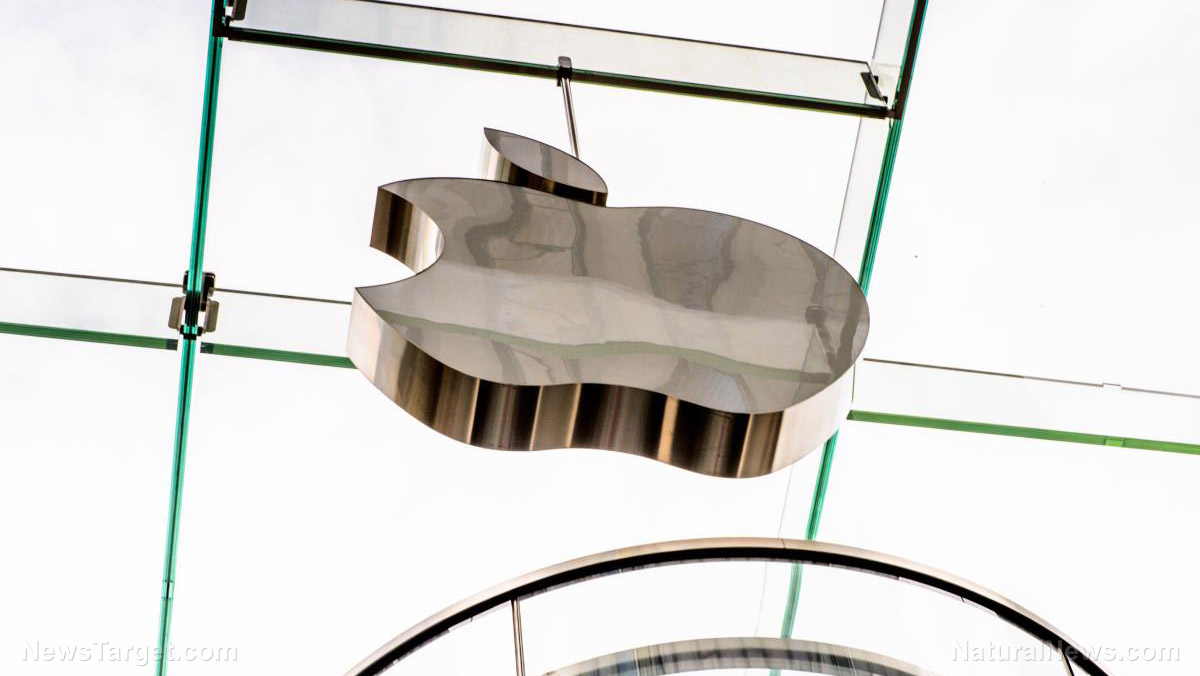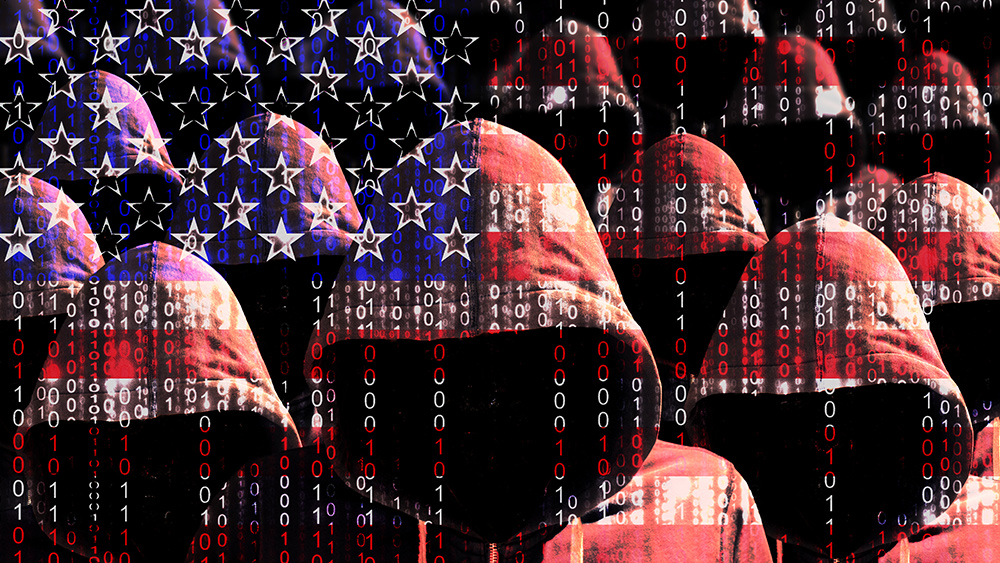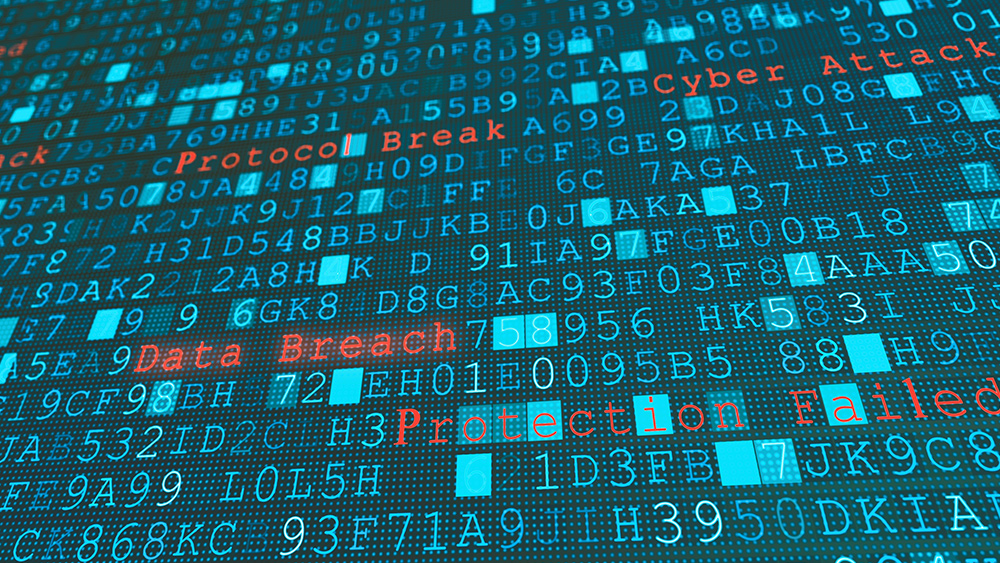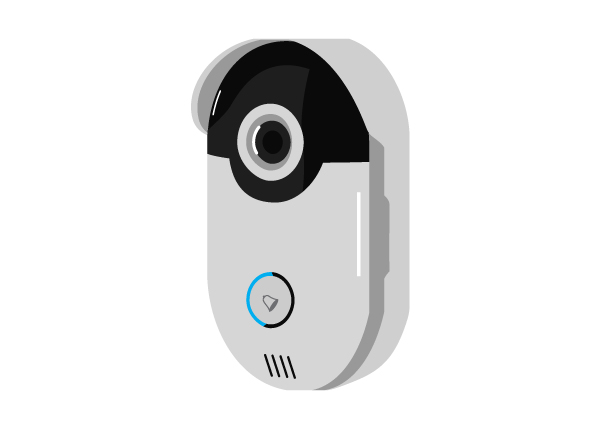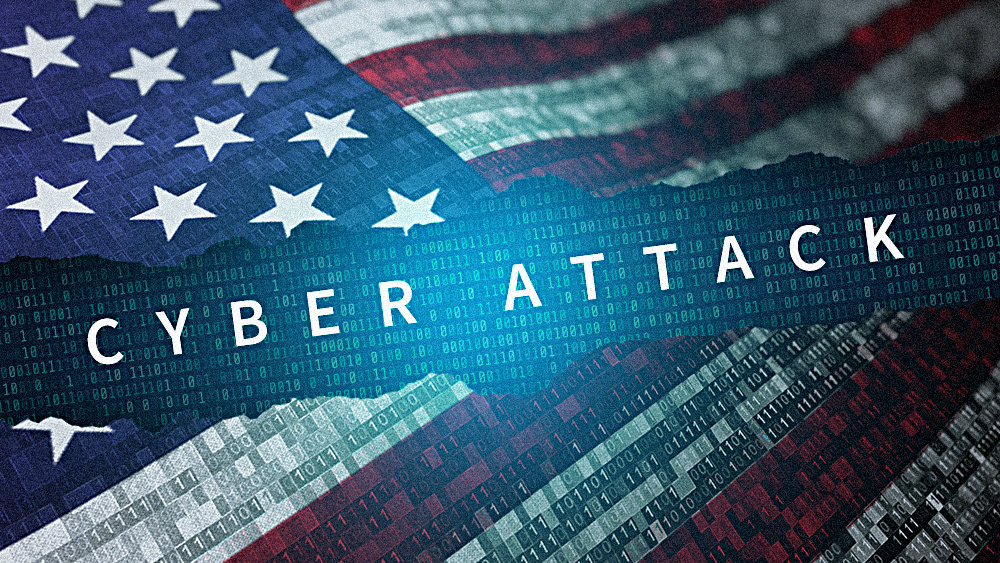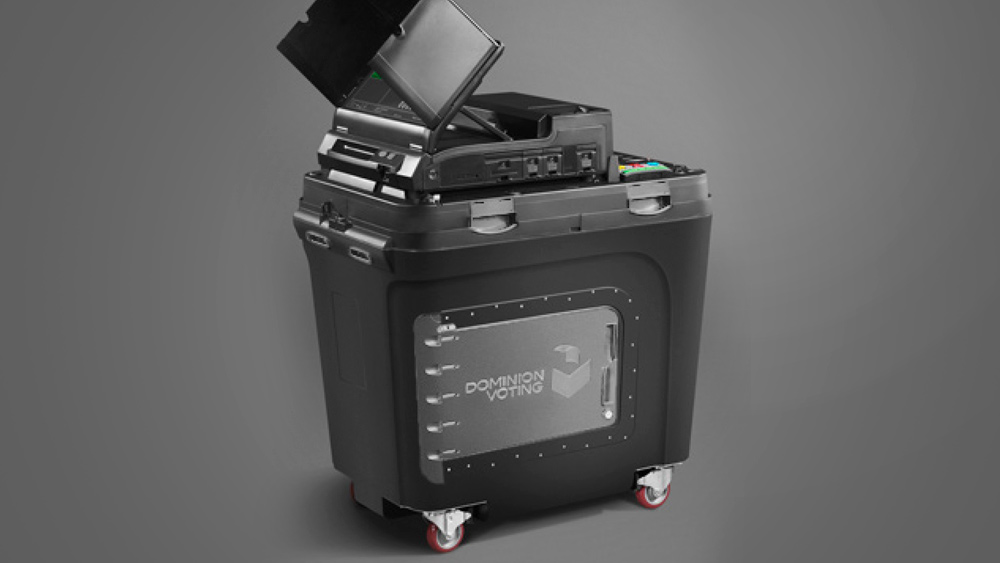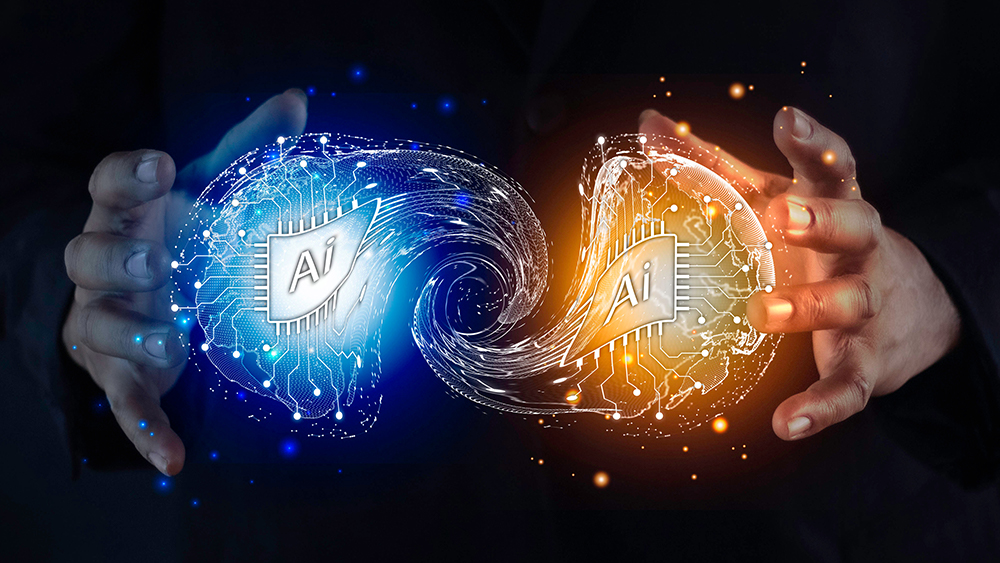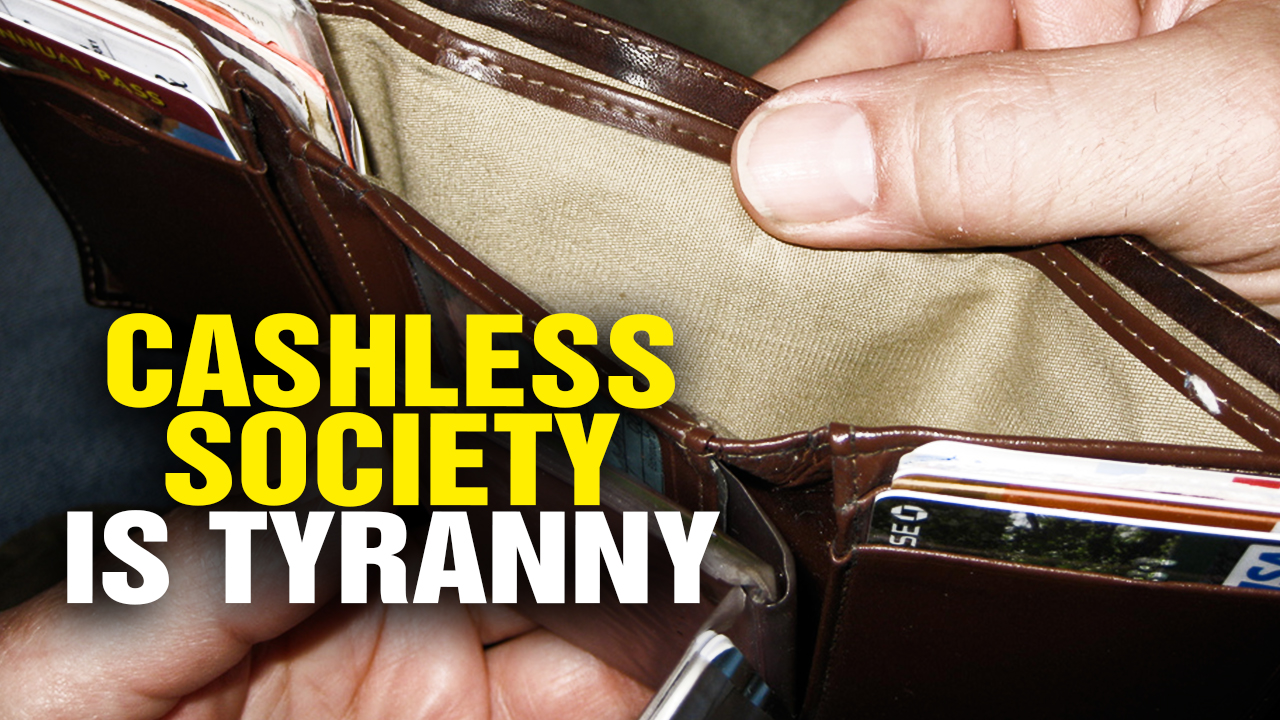Facial recognition tech deployed at Chinese gas stations – people on social credit blacklist can’t refuel
06/23/2023 / By Arsenio Toledo
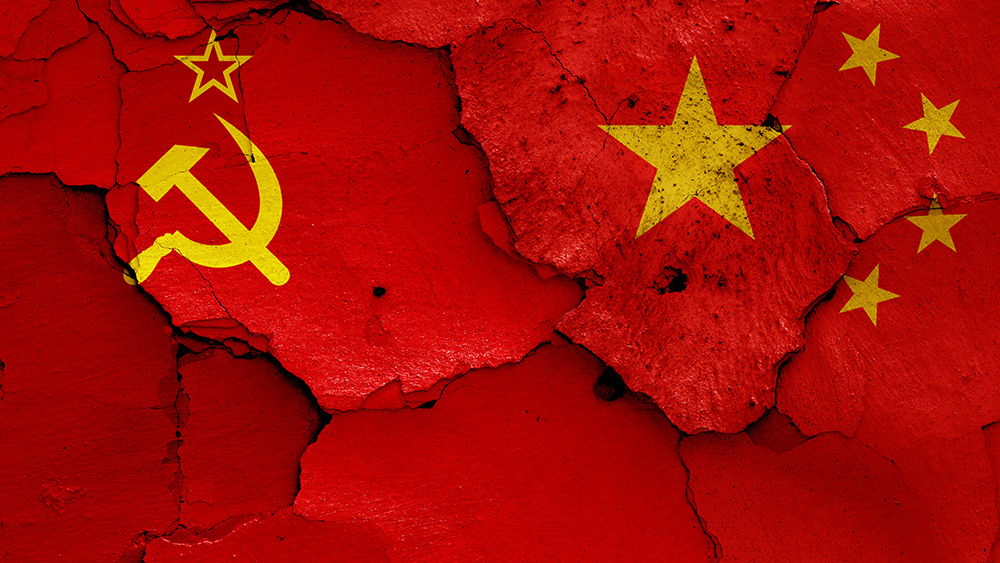
Footage coming out of China indicates that facial recognition systems are now being installed even at gas stations. The footage strongly suggests that Chinese citizens not in good standing in the social credit system may be ineligible for refueling.
Videos posted on social media show how customers at one gas station somewhere in China are being forced to approach a kiosk and have their faces scanned in order to access gas for their vehicles. (Related: New York Times praises communist China for censoring citizens, says mass surveillance offers “own kind of freedom.”)
Furthermore, people reportedly on the blacklist of the country’s social credit system are barred from driving their own cars. If they are hailed by the facial recognition and ID check required, they will not be able to purchase more gas unless another person – someone not on the Chinese Communist Party’s (CCP) blacklist – drives the car for them.
Chinese people, who are on the ????????? of social credit system, are barred from driving their own cars.
Now facial recognition and ID check required for entering China’s gas stations —— if you are being ???????????, no gas for you!! https://t.co/4QZryxL7M7 pic.twitter.com/MBqFRGqoNF
— Songpinganq (@songpinganq) June 21, 2023
“The Orwellian characteristic is a fundamental aspect of China’s surveillance state, encompassing the tracking and monitoring of every resident’s activity, as well as imposing restrictions and control over their movements,” wrote InfoWars. “The implications of China’s surveillance state serve as a cautionary tale for America’s future.”
Facial recognition tech is everywhere in China – but the people seem okay with it
Perhaps the most startling aspect of China’s surveillance state and the rapidly expanding use of facial recognition systems everywhere is the fact that many Chinese citizens, at least on the surface, seem to be accepting of it.
Hanna Hua, writing about her recent experience with the atmosphere of normalcy around facial recognition tech for Retail Week, noted how facial recognition technology is now everywhere in China and “has become fully integrated into various daily activities.”
She mentioned that in 2019, facial recognition systems were only limited in use as ID verification at police stations, train stops, banks, airports and hotel check-ins. Now, facial recognition tech being used for daily activities has become “a familiar practice for many, despite privacy concerns in other markets.”
“It has been widely adopted for payments in all kinds of retail stores, including coffee shops, vending machines and popular fast-food chains such as McDonald’s,” she wrote. “Additionally, it is used for age verification in games and even for smart home appliances.”
“Many people are using this payment method for faster checkouts and it appears to have become the accepted norm, accelerated through the major payment providers.”
Hua pointed out that this acceptance of facial recognition tech may have accelerated its deployment, noting how in many Western markets facial recognition technology is being adopted at a much slower pace due to legal roadblocks and concerns related to data protection and privacy.
Facial recognition tech to keep expanding as companies continue to put out more surveillance gear for the CCP
China is one of the most heavily surveilled societies on the planet. There are an innumerable number of CCTV cameras scattered across every one of China’s major cities, and facial recognition technology is widely used in this surveillance apparatus to aid in the day-to-day work of the country’s security services as well as to aid political repression.
This gargantuan surveillance network is heavily aided by tech companies that market their newest products to the CCP’s security services. At the most recent security expo in Beijing, the three-day Security China event, these companies showcased their products, billed as the future of high-tech policing.
At one booth, operated by Hong Kong-based software company SenseTime, company representatives showed off smart cameras that can be set to recognize not just people on the CCP’s watch list, but also people doing certain “undesirable” behaviors, including smoking in public, physical fights and not wearing a mask.
Other cameras, designed to be installed at doorways and checkpoints, have the ability to identify people attempting to fool facial recognition tech to gain access, such as by holding up a picture of a person approved for entry or by wearing a mask resembling another person.
A different firm, Tiandy, showcased “smart city” products, including cameras that can immediately obtain details about cars such as license plates and the faces of drivers even at night and from long distances. Another camera can identify pedestrians that break road crossing rules and then post their pictures on displays to intentionally humiliate the individuals and discourage them from reoffending.
It should be noted that both SenseTime and Tiandy are on the United States’ trade blacklist, accused of being an arm of China’s military-industrial complex and of using their mass surveillance technology to repress the indigenous Uyghur population of Xinjiang.
Learn the latest developments in communist China by reading articles at CommunistChina.news.
Watch this clip of Ava Chen of the political movement the New Federal State of China discussing how the Chinese Communist Party holds everyone in the Mainland as well as in Hong Kong under surveillance using its vast security apparatus.
This video is from the channel Chinese Taking Down Evil CCP on Brighteon.com.
More related stories:
China’s war on comedy: Stand-up comedian banned from social media for mocking social credit system.
Chinese citizens are PUSHING BACK against government surveillance.
Sources include:
Submit a correction >>
Tagged Under:
big government, China, communism, computing, cyber war, enslaved, Facial recognition, fascism, freedom, futue tech, Glitch, information technology, insanity, Liberty, national security, Orwellian, privacy watch, social credit score, Social Credit System, surveillance, Tyranny, watched
This article may contain statements that reflect the opinion of the author
RECENT NEWS & ARTICLES
COPYRIGHT © 2017 INFORMATIONTECHNOLOGY.NEWS

